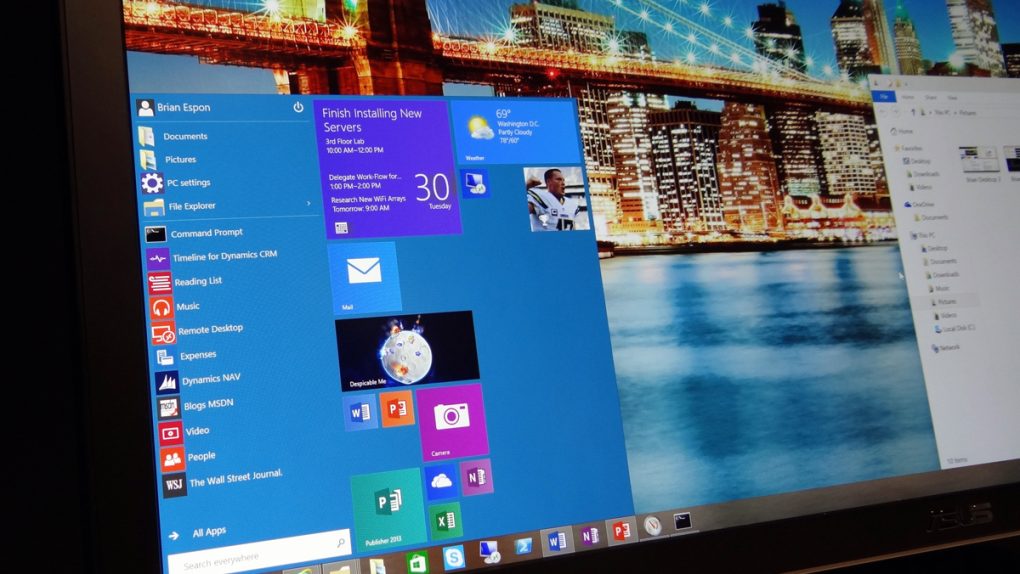Even if you haven’t yet tried it yourself, you probably already know that Windows 10 is a breath of fresh air. Windows 8 was an absolutely disaster, as Microsoft recognized that it needed to compete in the mobile space but decided that a single hybrid operating system was the answer. Sadly, the resulting OS failed on both fronts.
Windows 10 will follow the same path to an extent, but it dials back the new interface that angered so many users. Better yet, Microsoft has said on numerous occasions that the upgrade will be free for many users — but there is a great deal of confusion surrounding exactly who will be eligible for the free upgrade.
Here’s everything we know right now.
DON’T MISS: Cord cutters’ dream come true: HBO is already pondering special discounted HBO Now plans
Do consumers get Windows 10 for free? Do enterprise users get Windows 10 for free? Do Windows pirates get Windows 10 for free? Will you get Windows 10 for free if you’re currently still using an old version of Windows like Windows XP?
These questions and more weigh heavy on users’ minds. As was the case with the Xbox One, Microsoft has done an awful job of communicating the details of the Windows 10 upgrade, so anxious users have been left with a thousand questions.
Luckily, gHacks put together a great roundup of all the info we have so far to see if you’re eligible for a free update. And in addition to what we know, the site does a good job of spelling out all of the blanks that Microsoft hasn’t yet filled in.
First and foremost, you will be eligible for a free upgrade if you’re running a licensed copy of Windows 7, 8 or 8.1. There are several different versions of Windows 10 though, and the version you can upgrade to depends on the operating system you’re currently running.
Meanwhile, people running licensed copies of older operating systems such as Windows XP or Vista will unfortunately have to pay.
For clarifications on these details and everything else you need to know, follow the link below in our source section.
Updated to clarify upgrade policy for older operating systems.




